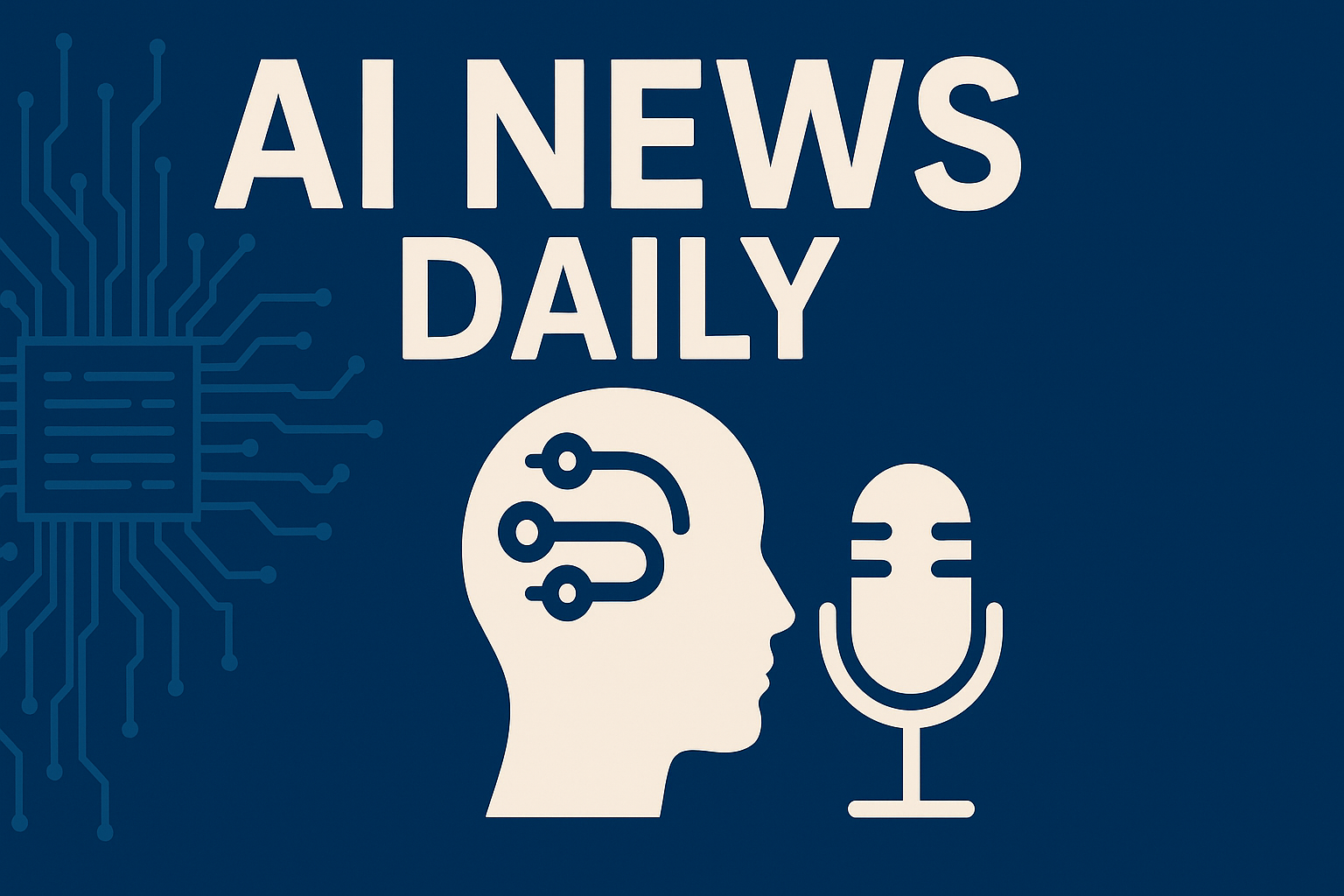Title: AI Race Intensifies: OpenAI’s $500B Bid, Big Tech Feature Push, and Rising Focus on Security, Health, and Education
Content: OpenAI is negotiating a $6 billion share sale that could value the company at around $500 billion, even as CEO Sam Altman warns of an AI investment bubble and says U.S. export controls may not slow China’s rapid AI gains. Following backlash to GPT-5 and an uptick in users reverting to older models, OpenAI signaled more personal future iterations and is planning GPT-6 amid GPU shortages. The company introduced two contrasting price points: GPT-5 Pro at $200/month for advanced reasoning and automation, and the budget ChatGPT Go at roughly $4.60 (₹399) per month in India with UPI support, sparking fresh debate over access and paywalls. Altman and Google’s Sundar Pichai also argued today’s devices can’t fully unlock proactive, companion-like AI, hinting at coming hardware shifts.
Big Tech accelerated product rollouts. Google shipped AI security controls for cloud environments, unveiled a Gemini-powered health coach for Fitbit, added real-time voice-guided editing in Google Photos, and brought Gemini voice playback (seven voices) and an AI image generator to Google Docs for premium users. It also expanded education tools with step-by-step problem solving, guided learning, and custom flashcards, and partnered with Australian Associated Press to boost Gemini’s accuracy. YouTube began testing AI age verification in the U.S., disabling personalized ads for minors and adding wellbeing features. Adobe launched Acrobat Studio—its biggest PDF overhaul in decades—combining AI assistants for summarization and generation with collaborative PDF Spaces and tight Adobe Express integration. Stability AI introduced Stable Diffusion 3 for sharper, more diverse, text-to-image results with added safeguards, now on waitlist.
Microsoft is trialing a Windows 11 Copilot upgrade that lets users search files and images in natural language with vision-based assistance, while deepening its NFL partnership to deliver real-time analytics for smarter play calling. CEO Satya Nadella warned of “AI psychosis,” urging responsible development and digital literacy as capabilities proliferate. ESPN debuted an AI-enhanced streaming app with a TikTok-style feed, multiview, and AI-powered SportsCenter commentary, bundled with Disney Plus and Hulu.
Enterprise AI adoption accelerated through major alliances. Oracle is integrating OpenAI’s GPT-5 into its databases and cloud apps for smarter automation and analysis, and separately teamed with Google Cloud to bring Gemini models across finance, HR, and supply chain workflows. Salesforce launched an agentic AI tool for government operations to automate tasks and improve citizen engagement with security and transparency.
Security and trust remained under heavy scrutiny. Lenovo’s “Lena” customer-support chatbot was found vulnerable to prompt injection attacks exposing data and session details, underscoring risks in customer-facing AI. WitnessAI released automated red-teaming and a real-time firewall for LLMs, while the market for AI deception tools used to mislead attackers is projected to reach $6.3 billion by 2033. The U.S. Treasury sought public input on using AI, blockchain monitoring, and digital ID in anti-money laundering frameworks, as banks raced to integrate AI amid mounting data privacy concerns. UNESCO kicked off AI and media literacy training for Bhutan’s civil servants to advance transparent, data-driven governance. With AI-generated “slop” muddying Ukraine peace coverage, experts renewed calls for media literacy and content transparency.
Social platforms leaned into AI for accessibility and safety. Meta launched AI dubbing and lip-sync for Reels in English and Spanish, with more languages coming, to broaden global reach. YouTube’s AI age checks aim to better protect teens’ privacy and safety across its ecosystem.
Healthcare adoption surged with caveats. Nearly half of clinicians globally now use AI tools, but trust lags in the UK, highlighting regulatory and training gaps. Epic’s new Cosmos AI helps predict patient risks from large datasets, while AI scribes, though easing documentation, could enable higher billing by capturing more services. Patients are also turning to AI for provider selection—nearly one-third now use tools like ChatGPT, rivaling traditional referrals. Startups are tackling administration, with an RTP firm using AI to analyze insurance denials and speed appeals. AI is also reshaping elderly care, supporting independence and caregiver efficiency, yet digital divides and privacy concerns persist. Parallel trends show young people leaning on AI for emotional support—88% of surveyed students in India—fueling debate over “AI as therapist” risks and the need for safeguards.
Education and workforces continued to adapt unevenly. Microsoft’s 2025 AI in Education Report says 86% of institutions use AI but training for staff and students lags, intensifying readiness and ethics concerns. Grammarly rolled out new AI tools—graders, citation finders, plagiarism checks, and more—through Grammarly Docs to support ethical academic writing and professional workflows. CodeSignal’s Cosmo app offers bite-sized, AI-powered learning across coding, marketing, and finance to address the skills gap. Meta’s CTO forecast an era of “talent-dense” engineering teams where AI mastery becomes a key differentiator, while a new survey found 20% of India’s blue-collar workers already using AI on the job and eager for upskilling. Generative AI is also subtly reshaping outsourcing—boosting efficiency in support and documentation without triggering mass layoffs yet.
Beyond core industries, AI is set to accelerate the energy transition by optimizing grids, cutting costs, and supporting renewables. In creative tech, Estonia’s BetterPic raised $2.5 million to scale AI-generated professional imagery that blends real and synthetic models. Hollywood negotiations are increasingly guided by AI talent analytics that quantify star influence and audience demand, exemplified by Priyanka Chopra Jonas’s data-backed success on Amazon’s “Heads of State.”
Overall, the AI landscape is expanding rapidly across products, partnerships, and public services—yet it is equally defined by access and affordability debates, skills and trust gaps, and a growing emphasis on security, safety, and media literacy.
